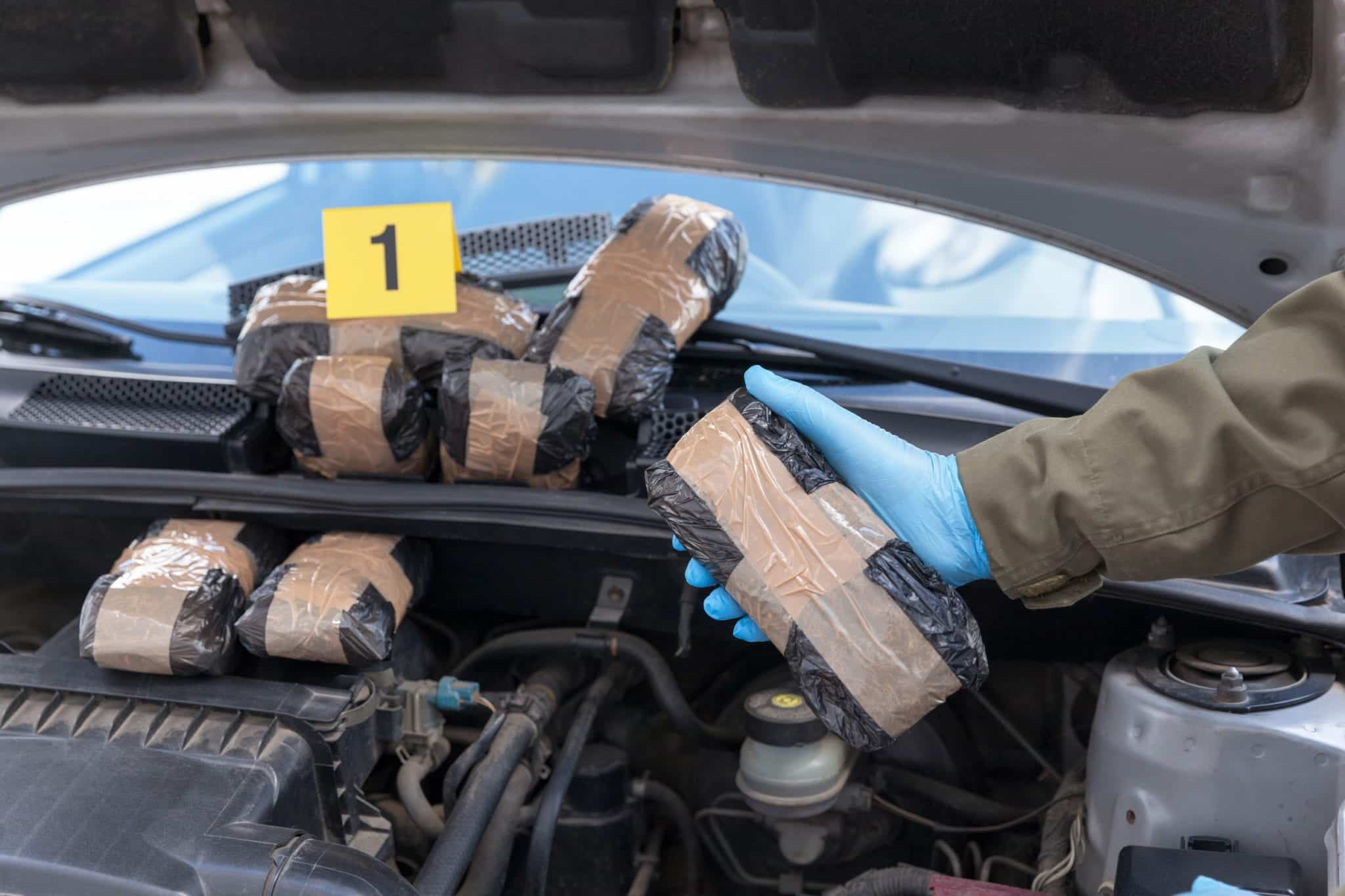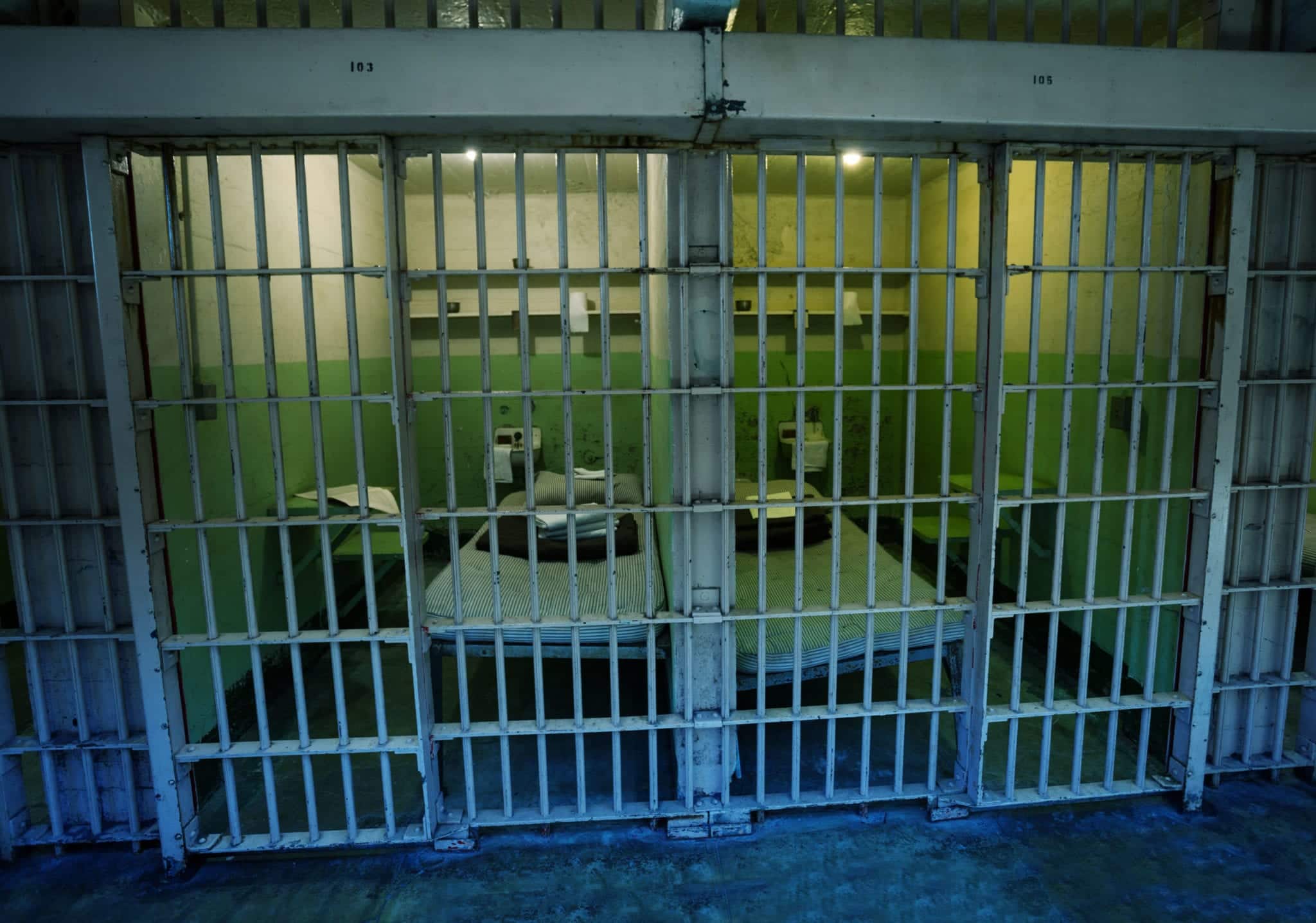After a 31-month investigation spanning three countries and seven cities, “Operation Wrecking Ball” has yielded a 43-count indictment against 47 suspects in custody to date.
Given heightened public concern about opiates and the partisan political war being waged over the combined issues of immigration and drug trafficking at the nation’s southern border, the future is not bright for anyone ensnared in the “wrecking ball” case.
The multi-jurisdiction investigation has led to the seizure of $3.1 million dollars so farwhile simultaneously dismantling one of the largest suspected drug rings Texas has seen in decades. The official indictment from last November was unsealed in March, revealing the extent of the drug ring’s operations. It included cocaine and heroin transactions, conspiring to commit money laundering, and illegal transfer of funds in an effort to evade reporting.
Let’s look at the various offenses.
Drug Trafficking: Heroin and Cocaine
Possession of drugs, especially in large quantities, can quickly lead really serious felony drug trafficking charges that can result in a sentence range from 3-5 years to life in prison.
However, you can’t talk about these charges and the penalties associated with them without addressing three primary elements:
- What – The federal Controlled Substances Act classifies individual drugs (and their precursors) at different levels, or “schedules,” dependent upon probability of addiction and its medical uses.
- Where – Although most drug crimes are prosecuted under individual state law, when trafficking spans multiple states and/or countries, it is considered a federal crime and punished more harshly.
- How Much – Trafficking is also a crime of quantity. The amount of a given controlled substance you are caught with and the value or amount of money associated with it are directly correlated to the charges and penalties you’ll face.
In “Operation Wrecking Ball,” for instance, heroin (Schedule I) and cocaine (Schedule II) can result in life sentences and millions of dollars in fines due to the sheer volume of the drugs being trafficked.
What’s more, this ring could be eligible for prosecution under The Racketeer Influenced and Corrupt Organization Act (RICO).
RICO Law: Predicate Offenses and Extreme Punishment
Prior to RICO, it was virtually impossible for the federal government to take down organized criminal activity because mob-related crime had to be tried individually. There was no legislation allowing prosecutors to link multiple individual crimes to organized criminal activity. RICO’s racketeering laws, however, revamped the entire legal landscape in investigating and prosecuting organized criminal activity.
Although the Act was originally passed to target Mafia activity in the 1970s, today thr RICO law focuses on a myriad of corrupt enterprises. To be in violation, an individual must engage in a pattern of racketeering activity connected to an enterprise.
Proving violation typically happens through the culmination of “predicate offenses” – crimes that are components of a more serious criminal offense. RICO identifies nearly three dozen specific offenses, including drug trafficking, money laundering, and tax evasion – all of which are part of the broad-sweeping indictment associated with “Operation Wrecking Ball.”
Under RICO, defendants face far more severe penalties than drug trafficking convictions alone. There is a possibility of receiving life terms, fines of $250,000 or twice the proceeds of the offense ($6.2 million total in Operation Wrecking Ball), plus forfeiture of any gains derived from their crimes.
To have any hope at minimizing their charges and consequences, those charged are going to need an amazing criminal defense team.





